We love because God first loved us. (1 John 4:19) 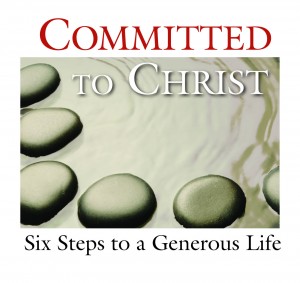
Before you made any move toward God, before you discovered or contemplated or considered Jesus’ invitation to follow him, God moved toward you. Before you did or said anything, God declared a deep, abiding love for you. God loves you. God loved you first. This is a life-altering truth.
Our capacity for love is influenced significantly by the love we have received. If our parents and other adults have loved us well throughout our lives, we find it easier to pass along love and encouragement to others.
Following Jesus is a natural consequence of realizing who he is and the greatness of his love for us. John Wesley, who at Aldersgate saw that “Christ died for me, even me,” is but one example of the transformative power of beholding the depth of God’s love displayed on the cross.
Likewise, may you behold God’s love and, as a follower of Christ, evidence that love to others.
Creator God, may my commitment to you be a response to your love and commitment to me, to save, redeem, and use me for your purposes. Amen.
**
In preparation for Easter, our entire church family is in a season of decision and commitment toward the goal of becoming fully devoted disciples of Jesus Christ. We invite you to join us for Committed to Christ: Six Steps to a Generous Life.

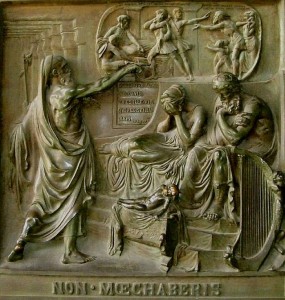
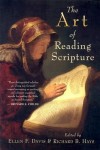


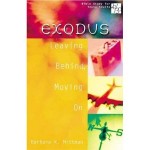
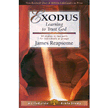

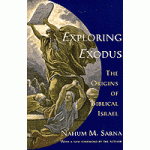
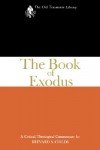

Recent Comments